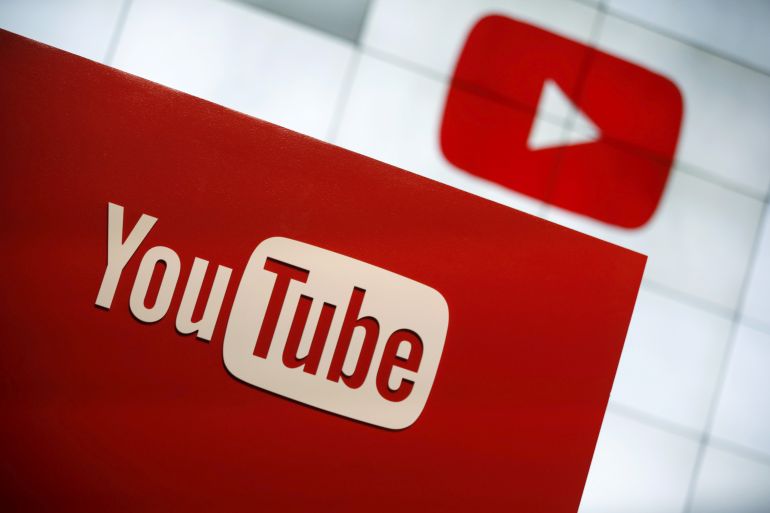Over 80 fact-checking groups urge YouTube to fight disinformation
Organisations from around the world say YouTube has become ‘one of the major conduits of online disinformation and misinformation’.

More than 80 fact-checking organisations from around the world have urged YouTube to do more to tackle disinformation and not allow its online video platform “to be weaponised by unscrupulous actors”.
In an open letter to YouTube chief Susan Wojcicki, the groups ranging from the Kenya-based Africa Check to Politifact and the Washington Post in the United States offered to help the platform debunk false statements.
Keep reading
list of 4 itemsFacebook, YouTube remove Bolsonaro video over vaccine claims
YouTube shuts German channels of Russian broadcaster RT
YouTube shuts Xinjiang videos pushing rights group to seek backup
“Every day, we see that YouTube is one of the major conduits of online disinformation and misinformation worldwide,” they said, adding that videos containing false information had gone “under the radar ” of the platform’s policies, especially in non-English speaking countries.
“We urge you to take effective action against disinformation and misinformation … and to do so with the world’s independent, non-partisan fact-checking organisations,” they added.
“Our experience as fact-checkers together with academic evidence tells us that surfacing fact-checked information is more effective than deleting content.”
Over 80 independent fact-checking organizations from all over the world have sent a letter to YouTube’s CEO, Susan Wojcicki, calling upon her to take four clear measures against misinformation. https://t.co/TBdpbrnNWu#YouTubeOpenLetter
— Noko Makgato (@nokolosh) January 12, 2022
Among their recommendations, the groups called on YouTube to focus on providing context and offering debunks, and also urged it to make sure its recommendation algorithm did not actively promote disinformation to its users.
YouTube spokesperson Elena Hernandez defended the platform, saying that fact checking was a “crucial tool”, but just “one piece of a much larger puzzle to address the spread of misinformation”.
“Over the years, we’ve invested heavily in policies and products in all countries … to connect people to authoritative content, reduce the spread of borderline misinformation, and remove violative videos,” she added.
She said YouTube had seen “important progress”.